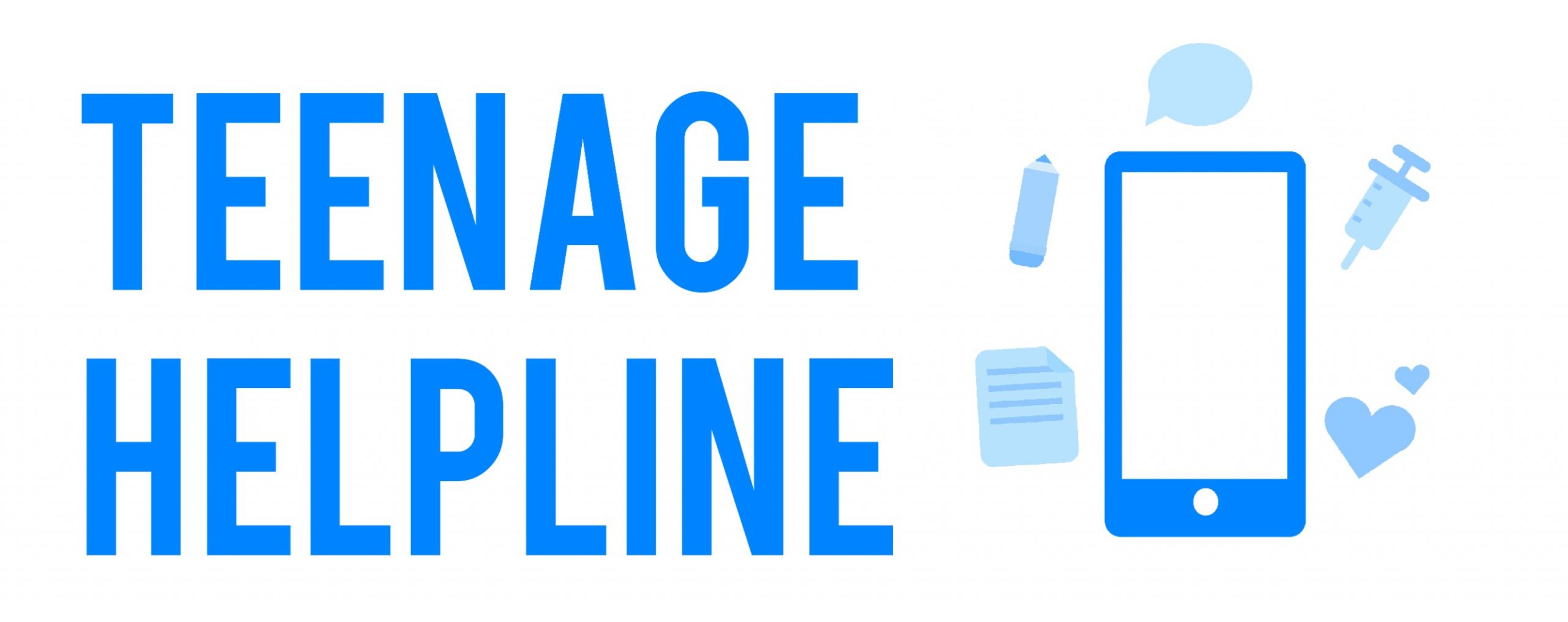Struggling with Addiction
Our top tips!
- Addiction is different for everyone
There are many things you can be addicted to, and each person’s experience of addiction will be different. You may not even be aware that you are struggling with addiction, but confiding in those around you will make it easier to identify the signs. - Break the silence
It’s important that you bring up your concerns with a trustworthy adult (such as a teacher or your parents), or confide in your friends. There are lots of forms of support available to you, and reaching out to those around you will allow you to get the help you need as soon as possible. - Act early if you are struggling
Addiction can cause radical changes to your lifestyle, causing you to lose control of certain aspects of your life. It’s important to identify the signs early, so that you can get your habits under control before they control you.
What is addiction?
If you’re addicted to a particular substance or activity, it means that not engaging with it will cause withdrawal symptoms. These can be unpleasant, so it’s often easier to give in to what you are craving, resulting in a continuous cycle.
It is thought that one in three people are addicted to something, whether that be nicotine, alcohol, gambling, shopping, the internet or work. It is likely that someone you know is suffering from an addiction without you being aware of it. This person may even be you.
As an addiction continues, you may find that you need to do the activity more and more to achieve the same feeling that you did when you first started. This means that addictions can quickly get out of control. An addiction can damage your work life and relationships, as well as lead to psychological and physical effects in the case of substance misuse.
Many studies suggest that addiction is partly genetic, but environmental factors can increase your chances of struggling with addiction. For example, being around other people with addictions can make you more likely to develop an addiction.
Difficulties such as unemployment, poverty, stress or pressure from work can trigger an addiction. People with anxiety or depression (whether diagnosed or not) are often at an increased risk of developing an addiction.
How can I tell if I have an addiction?
You may not be sure if you’re addicted to something. But if you’re struggling with addiction, you might be experiencing some of these symptoms.
- Headaches
- Insomnia (difficulty sleeping)
- Hand trembles
- Dilated pupils
- Dramatic change in weight (either gain or loss)
- Mood swings
The main way you can tell if you have an addiction is if you find that doing that activity is the only thing that gives you relief. If this is the case, it may be disrupting your daily life to a great extent.
For example, you might find that you have begun to isolate yourself from your friends, or are taking part in fewer social activities.
I'm not ready to speak out yet, what can I do until then?
Collect emergency numbers
Be prepared for if you find yourself in a crisis at any point by identifying contacts you can reach out to for help. This could include emergency services, helplines, neighbours, friends, family members or teachers.
Find an adult to confide in
If you feel ready, speaking with an adult about your struggles can be very helpful. This could be a family member, teacher or a neighbour. They will want to help you, so will be willing to listen.
Stay close to your friends
You may want to isolate yourself, but this is the worst thing you can do. Find at least one person you trust and keep in touch with them. It’s helpful to be honest with them and explain the situation when you feel ready to.
Remember that support is available
Lots of different forms of support are always there for when you need them. Our mentors are here to support you as little or as much as you need us. Other charities and organisations can also support you with specific addictions.
What can I be addicted to?
Addictions can be incredibly wide-ranging, but some of the most common include:
- Smoking and vaping
- Drugs
- Alcohol
- Food
- Porn, masturbation, sex or sexting
- Video games
- Self-harm
- The internet
This is not an exhaustive list – no matter what you are addicted to, there is help and support for you.
I think I might need some help... what do I do?
If you have been reading this page and are starting to worry that you might be struggling with addiction, it is really important that you start thinking about reaching out to somebody.
There are so many different options that you can consider, and all of them will be able to help you some way. Do not suffer in silence; reach out to someone now to start getting the help that you need.
Get support!
Speak to us
You don’t need to suffer in silence. If you think that you might be suffering with any mental health condition and would like to talk to someone, our friendly mentors will always be on hand to talk with you about anything that you might need.
Speak to somebody you trust
It’s really important that somebody close to you, who you can trust, knows about your addiction so that they can support you and be there for you when you need them. Reach out to family, teachers, counsellors – anyone you feel comfortable speaking to.
Speak to your friends
If you are struggling with addiction, your friends can help to support you. Since they see you everyday, they can look out for you and make sure that you are safe. They will also be well-placed to tell you if you should consider seeking professional help.
